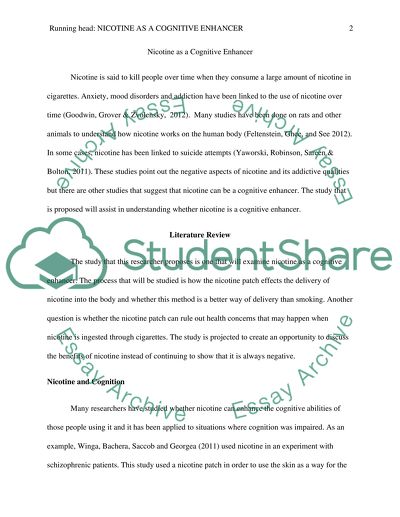Cite this document
(“Nicotine as a Cognitive Enhancer Research Proposal”, n.d.)
Retrieved from https://studentshare.org/psychology/1444276-is-nocotine-a-cognitive-enhancer
Retrieved from https://studentshare.org/psychology/1444276-is-nocotine-a-cognitive-enhancer
(Nicotine As a Cognitive Enhancer Research Proposal)
https://studentshare.org/psychology/1444276-is-nocotine-a-cognitive-enhancer.
https://studentshare.org/psychology/1444276-is-nocotine-a-cognitive-enhancer.
“Nicotine As a Cognitive Enhancer Research Proposal”, n.d. https://studentshare.org/psychology/1444276-is-nocotine-a-cognitive-enhancer.


